Research and experience show that man is a creative and creative being. Individually and together with others, we have a potential and a desire to contribute knowledge, abilities and creativity. It is this power that has led humans from living in caves to being able to travel the world, to the moon, eradicating deadly diseases, and establishing a highly developed society with everything it brings.
Our work plays an important role both in our own lives and in society. It is through the work that we create our identity, get an outlet for creativity and at the same time contribute to society's function and development. Man is still seen as a being that sometimes needs to be motivated, corrected, rebuked – yes, sometimes "punished". This may be explained by the fact that we rarely reflect on our view of humanity, and sometimes have the inability to emerge from "deeply run-down wheel tracks". We do as we always have.
SWITCH FOCUS
One way to get up from the "deeply run-down wheel track" is to change the focus. Often the work is based on roles and positions, such as the employee and manager role. This can give "gasoline to the fire" on an outdated view of humanity. Employees are often seen as a bit slow and lazy, and they don't quite understand what's best for your organization. This may result in them not being conscious of their responsibilities. On the other hand, managers are often seen as un empathetic theorists: they do not listen, are stressed, absent and lack an understanding of the reality of employees in their daily lives.
We claim the following:
- Humans are basically not lazy. They have a great need to show that they contribute with good performance.
- Although all humans are similar in relation to species, all unique individuals and thus are different.
- When people feel that they are contributing, they feel good and get motivated.
- It is the sum of interaction and the performance of all individuals that is the overall result of the organization.
- If a human being has good working assumptions to contribute, it will perform. There is a simple and scientific model that can practically shift the focus from thinking roles and positions to thinking good work assumptions, so that all individuals perform in their work situation, regardless of their role and work assignment.
The scientific model shows that one must have the following prerequisites in order to perform in a work situation:
SHOULD – is about taking responsibility
If one understands what needs to be done, why it should be done, what should be achieved and at the same time sees its own contribution in relation to this, as an individual, one will usually take responsibility for this.
An individual will most often take responsibility for their work tasks if it has an understanding of what the tasks are, why they should be carried out and what should be achieved, as well as see their own contribution to the tasks.
SHOULD indicate the extent to which employees perceive their responsibility for work tasks and what requirements are imposed on the individual. The responsibility should be both clear and sufficient.
SHEEP – is about frameworks, responsibilities and freedom of action
A person will be responsible for solving his own tasks and challenges. Freedom of action is also required in everyday life. Many managers express an unease about giving employees too much freedom of action, "they can't do what they want." Employees, on the other hand, experience a lack of confidence that they have the ability to solve their tasks. This prevents achievements. An employee to whom there are performance expectations must experience that he is given freedom within certain limits.
The FÅR indicates the extent to which the employee feels that there is a correlation between the responsibility and the mandate in the job.
KAN – is about competence
This is important, not least in today's complex work situations. Whether it's caring for sick people, constructing machines, meeting customers or delivering services, expertise is required. Competence is knowledge, experience and understanding of how to solve a work task. People who experience being able to carry out their work by allowing their own expertise to be developed and come in handy experience KAN, which is crucial for performance. KAN indicates the extent to which the employee feels competence to carry out the task e theirs.
VET – is all about information
For a long time, information was about being informed by the manager. Today, the information flows freely and is often accessible to everyone. Feeling informed is still as important as before. Today it is about getting the right information and being able to assess it, which is often forgotten as important everyday information. For example, it is crucial to know what shift to have the next day or whether the delivery of spare parts is on the way. What is important is to have the necessary information to solve their tasks, and to know how these are related to assignments and goals. VET indicates the extent to which the employee experiences having the necessary information to perform their tasks.
VIL – is all about commitment
Employees should be motivated, and incentives are often designed to motivate. However, the incentives may not provide the commitment required for good performance. All tasks are not fun. If you have good conditions for implementing them through that you SHOULD, GET, CAN and VET, then engagement will grow. If you also get confirmation of their achievements, affinity for their ideas and experience that one can use their competence, then people also experience that they WANT. VIL indicates the extent to which the employee is engaged in his/her duties and assignment
If all these prerequisites are present in the work situation, both individuals and groups will perform a joint mission. If, on the other hand, the assumptions are incomplete or even worse contradictory, the achievements, creativity and thus efficiency are hampered.
Through Agerus' method, you as a manager can unlock the potential of the organization by systematically developing good working assumptions. You will experience how achievements, job satisfaction and efficiency grow.
When the conditions are satisfied, good performance is ensured and the employees will find that they own the work situation.
Want to know more? Contact Bernhard Rikardsen for more information


